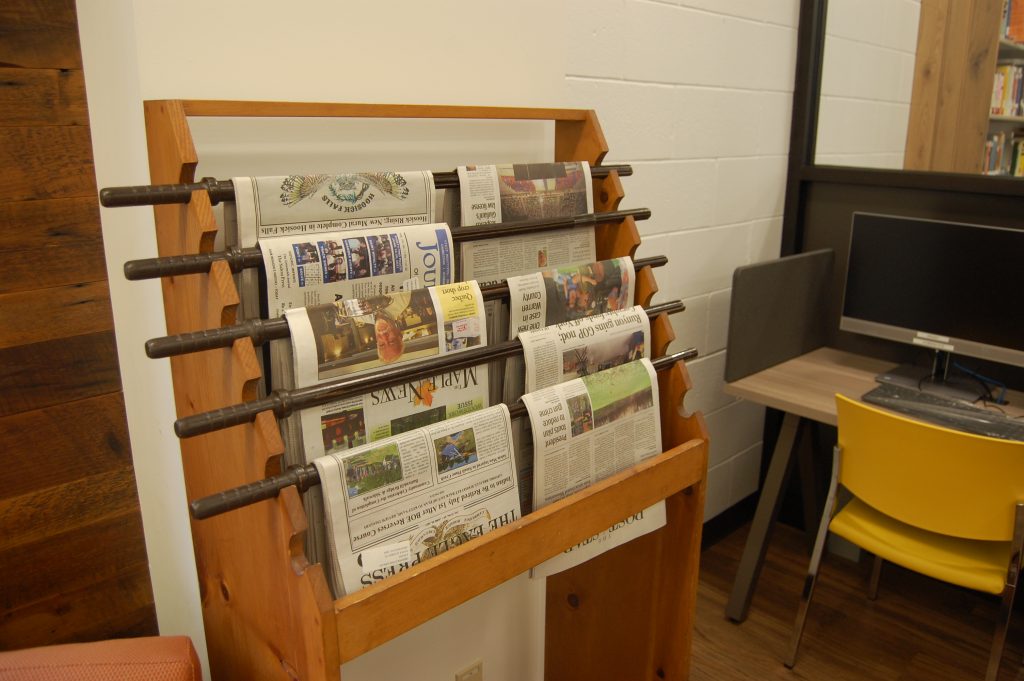By Robert Cutrera
Campus News
This time of year, college students across America plan their schedules. A few serious considerations play a big role in their final decisions: Does this course fit into my major plan? Will I be able to graduate on time if I take this class? And how good is the professor?
This last question is often answered by a website called Rate My Professor, a very useful resource allowing students to analyze their peers’ comments and critiques about a prospective professor. Any student is permitted to contribute to a professor’s profile, whether they are an officially registered member or not, and the interface is user friendly, so you’ll have little trouble finding your school and the professor you’re searching for within a minute. Ideally, the website promotes a great idea: you’re given the opportunity to look up important qualities about a particular professor, including how helpful they are in instructing your class, the clarity of their lectures and notes or power-points, the difficulty of their grading criteria and, of course, how attractive they are, symbolized by a small or large hot red pepper. Beyond these ratings, each user usually leaves a detailed comment regarding their experience in the professor’s class, telling you the grade they ultimately received while expressing their opinion as to whether you should sign up or keep looking for another class.
Unfortunately, the comment section rarely lives up to it’s potential. Give a close look at any professor who has garnered at least a few comments and you’ll usually find mixed results; this is normal, but the quality of the negative comments generally runs like this: This professor sucks! So boring. There was nothing interesting about this class at all. The class material was useless. I didn’t like the books we were told to buy, and neither did any of my classmates. And the exams were so hard. S/he didn’t prepare us with study guides or anything and they wouldn’t even grade on a curve. And they weren’t helpful at their office hours.
Though this hypothetical example is a bit more detailed than what you’ll often see, add a few misspelled words and grammatical errors, take away a line or two, and that’s what you get. And do you think you’ll find out what grade they received? Unless it’s an A or B, you won’t see one; and rarely will anyone who gets one of those grades complain in such a juvenile manner.
This makes the website overwhelming, which is a shame: because of the cynicism of some unmotivated students who took a professor’s class just to get the easiest A possible, you may be turned off from a great learning experience. You don’t need me to tell you this is not what college is about, but you’d be surprised to realize how many of your classmates are looking for the easiest, most relaxed educational experience possible.
If you’d like proof, write down the names of every professor you’ve taken so far in college. You’ll be surprised to see the mixture of reviews a professor you loved got just because they were a hard grader or they assigned too much reading.
The idea of instructor evaluations is not new, as most universities have some kind of evaluation process they provide to students at the end of each semester. It’s a very interesting time of the semester, giving students an opportunity to speak up and suggest improvements they’d like to see in their academic environment. Something about these kinds of evaluations tend to be taken more seriously; maybe it’s because they are proctored by the university, or students feel that it will reach the ears of department heads through the proper channels.
The Internet allows you the ability to make your voice heard at any moment and websites like Rate My Professors especially want strong critical voices to contribute to their page. If you don’t know where to begin, consider what you would say to a professor’s face if given the chance to review them: What suggestions would you make to their approach to teaching? What new topics would you like to see introduced on their syllabi?
No matter what your feelings, make sure to be smart and kind with your observations. There are intelligent ways to express even the most scathing critique, and it behooves you to speak in a manner appropriate to your societal standing. After all, it is a privilege to sit in a college classroom; you should take this privilege seriously by giving a thorough and thoughtful response about your experience with your instructors.
I don’t mean for anyone to disregard this website; as I said, it’s a good resource to use when planning out your future classes. But make sure to be an informed reader as you peruse their database. You don’t want to miss out on a professor who will challenge you and change your perspective and educational path just because some unenthusiastic student who didn’t want to do the required work decided to complain on a website.
Robert Cutrera teaches English at SUNY New Paltz.








Facebook Comments